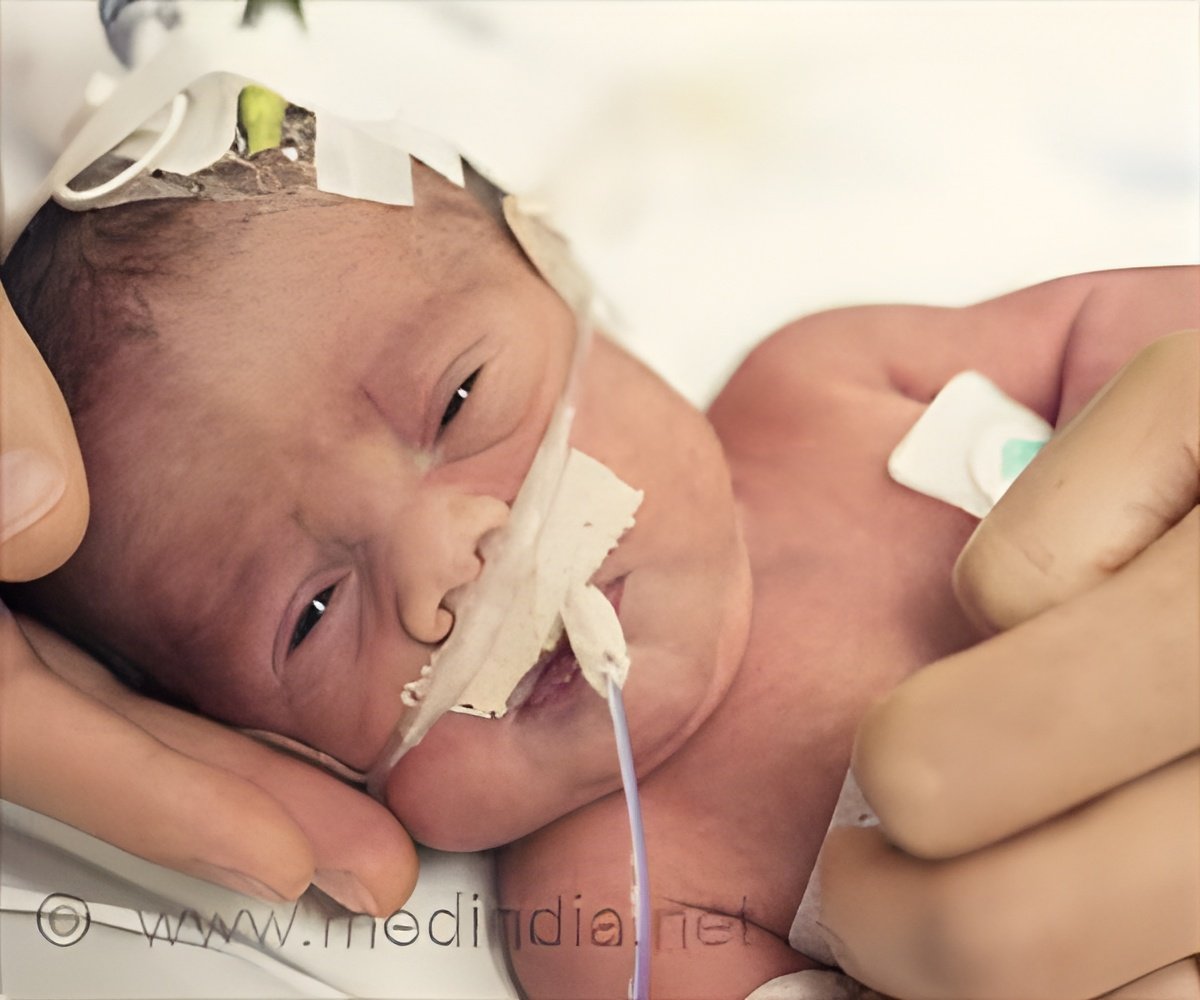
‘As parental resiliency scores rise, scientists see a correlation with fewer symptoms of depression and anxiety. Parents who feel they have good family support also have higher resilience scores.’
Tweet it Now
"We know that having a child hospitalized in the NICU can be a high-stress time for families," says Ololade Okito, M.D., lead author of the cross-sectional study. The project is an offshoot of a larger study examining the impact of peer mentoring by other NICU parents who have experienced the same emotional rollercoaster ride as their tiny infants sometimes thrived and other times struggled.
The research team enrolled 35 parents whose newborns were 34 weeks gestation and younger and administered a battery of validated surveys, including:
The Connor-Davidson Resilience Scale
State-Trait Anxiety Inventory
Advertisement
Edinburgh Postnatal Depression Scale and
Advertisement
Forty percent of these parents had high resilience scores; parents whose infants were a mean of 27.3 gestational weeks and who had more severe health challenges reported higher resilience. Another 40% of these parents had elevated depressive symptoms, while 31% screened positive for anxiety. Parental distress impairs the quality of parent-child interactions and long-term child development, the research team writes.
"Higher NICU-related stress correlates with greater symptoms of depression and anxiety in parents," says Lamia Soghier, M.D., MEd, medical director of Children's neonatal intensive care unit and the study's senior author. "Specifically targeting interventions to these parents may help to improve their resilience, decrease the stress of parenting a child in the NICU and give these kids a healthier start to life."
Source-Eurekalert









